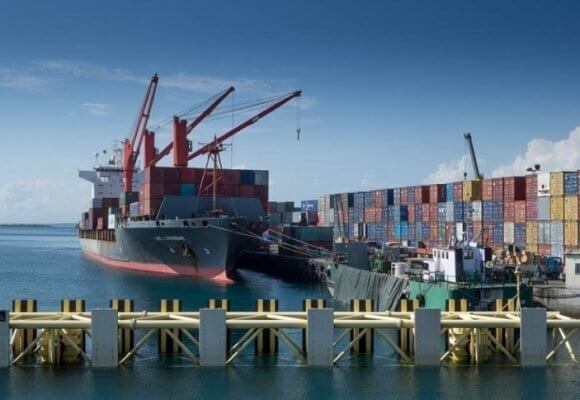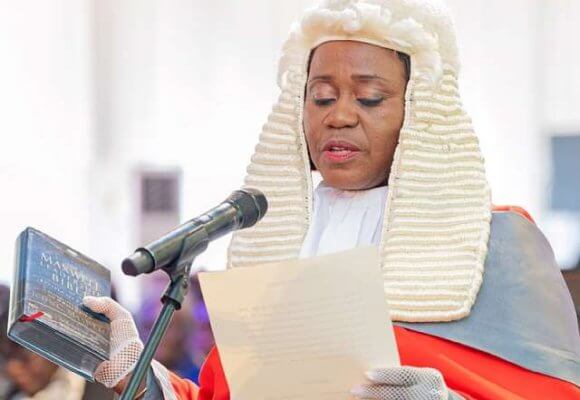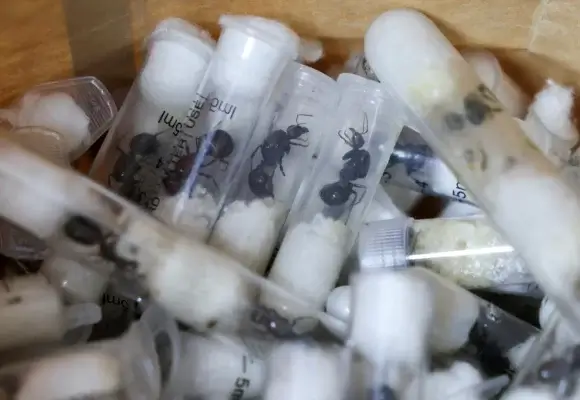|
LISTEN TO THIS THE AFRICANA VOICE ARTICLE NOW
Getting your Trinity Audio player ready...
|
Isaac Mwaura, the Government spokesperson, Thursday staunchly defended Agriculture Cabinet Secretary Mithika Linturi amidst an unfolding investigation concerning the distribution of counterfeit fertilizer.
This product, falsely marketed as part of a government-subsidized initiative, has raised serious concerns regarding the integrity of agricultural inputs in Kenya. The Senate’s summoning of Linturi, along with his Trade counterpart Rebecca Miano and officials from the National Cereal and Produce Board (NCPB), Kenya Bureau of Standards (KEBS), National Environment Management Authority (NEMA), and the Directorate of Criminal Investigations (DCI), underscores the gravity of the issue at hand.
Mwaura, in a press briefing, strongly refuted any direct link between Linturi and the scandal, arguing against the Agriculture Minister’s resignation and dismissing such calls as highly speculative. He pointed out Linturi’s dedication to rectifying the situation, with ongoing investigations seeking to clarify the allegations of counterfeit fertilizer within the market.
The scandal traces its origins to the compromised distribution of agricultural inputs, which not only jeopardizes the efforts to secure food sustainability in Kenya but also exposes farmers to significant risks. Mwaura hinted at the possibility that political motives might be behind efforts to undermine the government’s fertilizer distribution program, a crucial component of its agricultural support for farmers.
Detailing the distribution mechanism, Mwaura clarified that the NCPB was tasked with distributing the fertilizer on an agency basis, akin to outsourcing distribution services, which inadvertently might have allowed for the counterfeit product to infiltrate the supply chain. He said that other outlets, including agro-vets, could have served as unintentional conduits for the fake fertilizer.
The issue came to light following the DCI’s confiscation of substantial quantities of the counterfeit product—700 50-kilogram bags in Kakamega and an additional 560 bags en route to Molo NCPB stores in Nakuru. Prompted by these discoveries, authorities have recalled over 2,650 bags of fertilizer already distributed to farmers.











LEAVE A COMMENT
You must be logged in to post a comment.